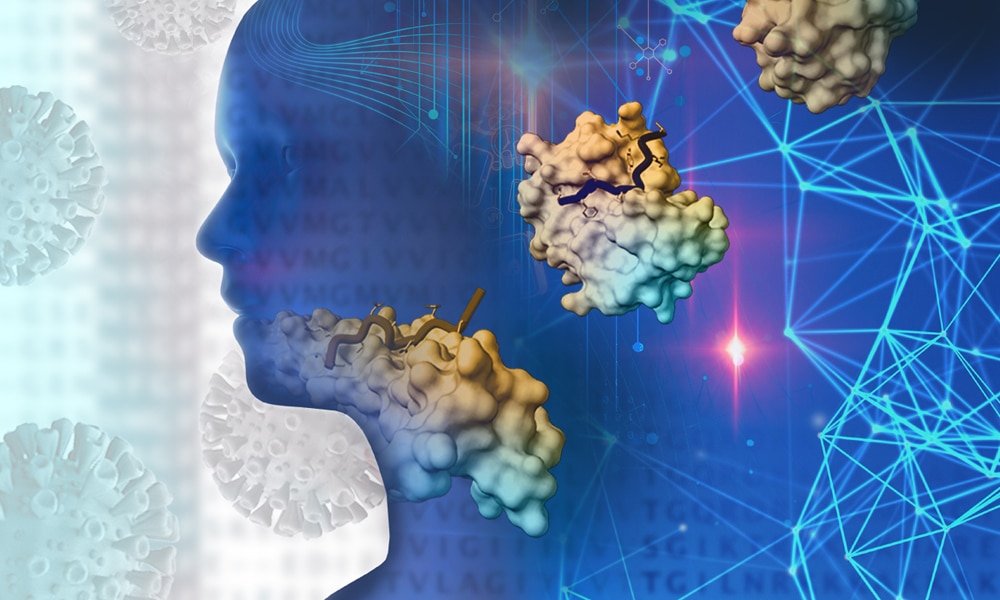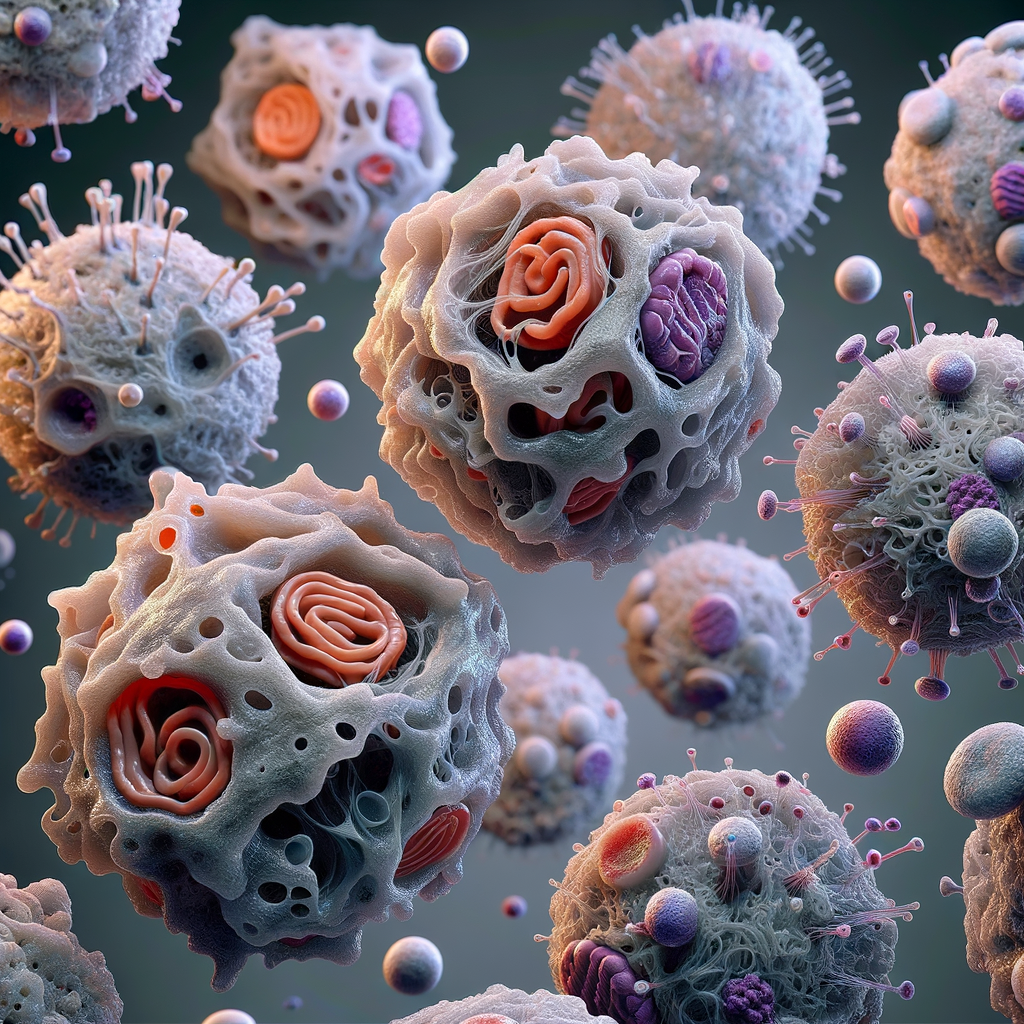Someone looks healthy today and suddenly starts showing symptoms of autoimmune diseases but you do not even know what autoimmune diseases are, and I have decided to do justice to explaining the different types of autoimmune diseases.
When the body's immune system, which is designed to protect it against harmful invaders like bacteria and viruses, mistakenly attacks its own tissues, that that's autoimmune disease. Actually, the immune system becomes confused and perceives healthy cells as threats, so it begins to attack them leading to inflammation, tissue damage, and dysfunction of the organs and systems. With the little explanation that I have done, let's discuss some autoimmune diseases.
Lupus is the first autoimmune disease to be discussed. With lupus, the body's immune system begin to produce autoantibodies that attacks body parts and organs such as the kidneys, blood cells, brain, heart, and lungs. It isn't like people with lupus have specific type of symptoms since we are different individuals, we can experience varying symptoms from person to person but then people can have common symptoms like fatigue as the body fights itself against imaginary attacker, skin rash, fever, and hair loss. If this condition is not treated and managed properly, it can lead to complications that can be life threatening. It is common in women of child-bearing age than men.
Another autoimmune disease you might not know exists that do is type 1 Diabetes. The idea of people with poor lifestyle and obesity leading to diabetes isn't completely correct because for some people it isn't their lifestyle, instead it is genetics just misbehaving completely. This happens when the body immune system begins to attack and destroy the insulin producing beta cells in the pancreas. Without insulin the blood to regulate the sugar in the blood, muscles and cells will not be able to able to absorb the sugar leading to excessive sugar in the blood causing the blood to be hypertonic with more soluble particle than water.
Have you heard of Hashimoto's Thyroiditis which is a when the body immune system begins to attack the thyroid, leading to inflammation of the thyroid weakening it and making it hard to produce thyroid hormone leading to a condition known as hypothyroidism. This can lead to fatigue, weight gain from poor metabolism, hair loss, and sensitivity to cold. Over time the body begins to enlarge the thyroid gland leading to people having goiters. Hashimoto's Thyroiditis is the most common cause of hypothyroidism around the world.
Multiple Sclerosis is another one. The nerves are covered by myelin which helps electrical signals move through the nerves smoothly but when the immune system begins to attack the myelin, signals traveling across the neurons are disrupted and the damaged region begin to form harden sclerotic scar tissue which disrupt nerve communication completely leading to reduction in the speed of electrical signals in the nerves. Leading to dizziness, vertigo, imbalance, difficulty in maintaining stability, muscle spasm, and stiffness.
Addison's disease is another autoimmune disease that people suffer from. On top of the kidney are two tiny glands which are the adrenals that releases two hormones known as Cortisol, and Aldosterone which act like body-wide messengers, and with the immune system attacking this glands, they begin to have difficulty producing the hormones over time. Without adequate cortisol in the body, the body cannot properly respond to stress, having trouble regulating metabolism, blood pressure, and inflammation. Lack of Aldosterone can lead to low sodium, and high potassium levels by the kidneys. People with lower aldosterone can suffer Addisonian crisis.
Understanding autoimmune diseases is crucial for early detection, proper management, and improved outcomes. While these conditions can pose significant challenges, advances in research and treatment offer hope for better management and quality of life for those affected by autoimmune diseases.
https://www.lupus.org/resources/what-is-lupus
https://www.cdc.gov/lupus/index.htm
https://www.niams.nih.gov/health-topics/lupus
https://www.niehs.nih.gov/health/topics/conditions/autoimmune
https://www.mountsinai.org/health-library/diseases-conditions/autoimmune-disorders
https://www.niams.nih.gov/health-topics/autoimmune-diseases
https://www.msdmanuals.com/home/immune-disorders/allergic-reactions-and-other-hypersensitivity-disorders/autoimmune-disorders
https://www.niddk.nih.gov/health-information/endocrine-diseases/hashimotos-disease
https://www.ncbi.nlm.nih.gov/books/NBK459262/
https://www.ninds.nih.gov/health-information/disorders/multiple-sclerosis
https://www.nhs.uk/conditions/multiple-sclerosis/
https://www.niddk.nih.gov/health-information/endocrine-diseases/adrenal-insufficiency-addisons-disease
https://www.nhs.uk/conditions/addisons-disease/

